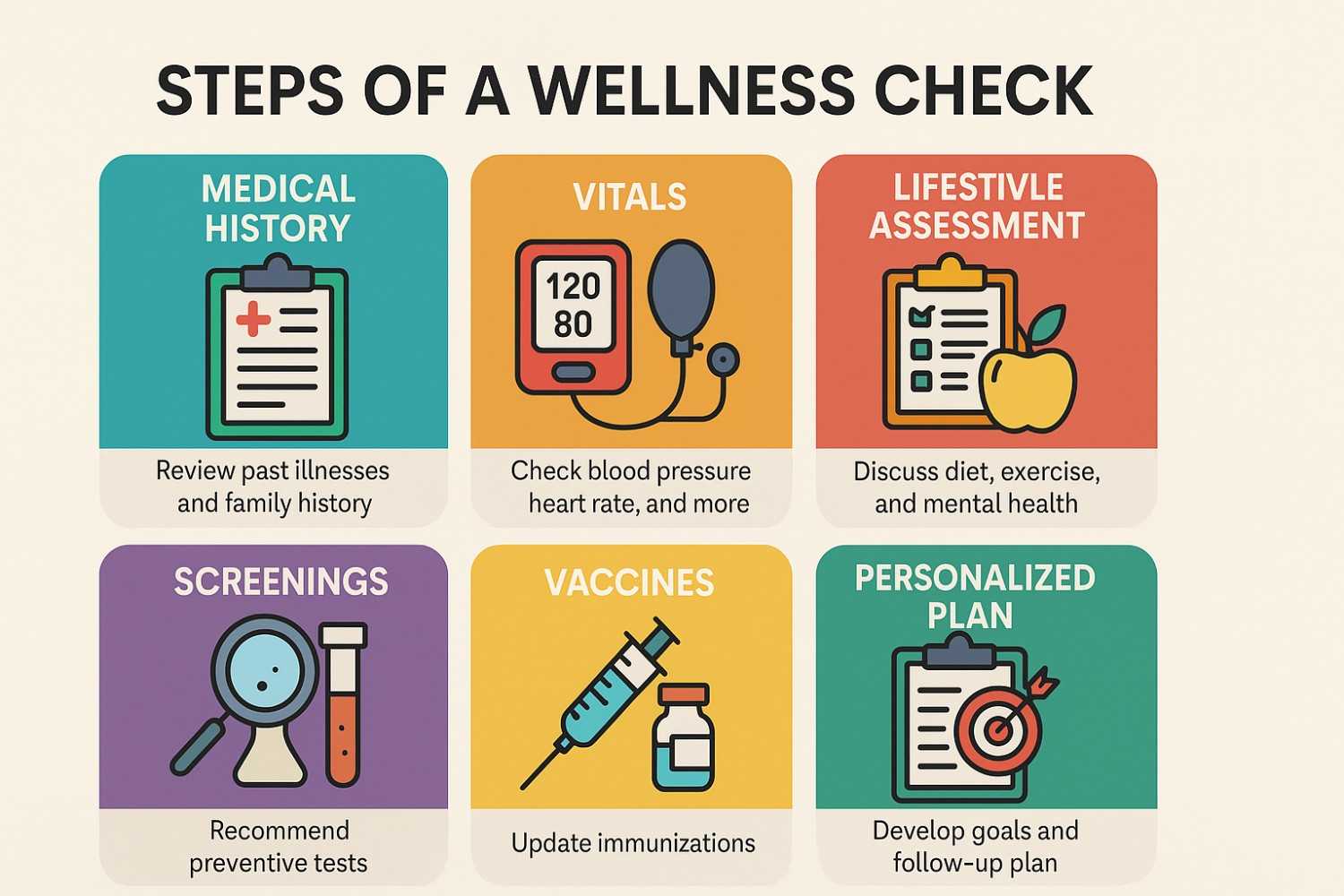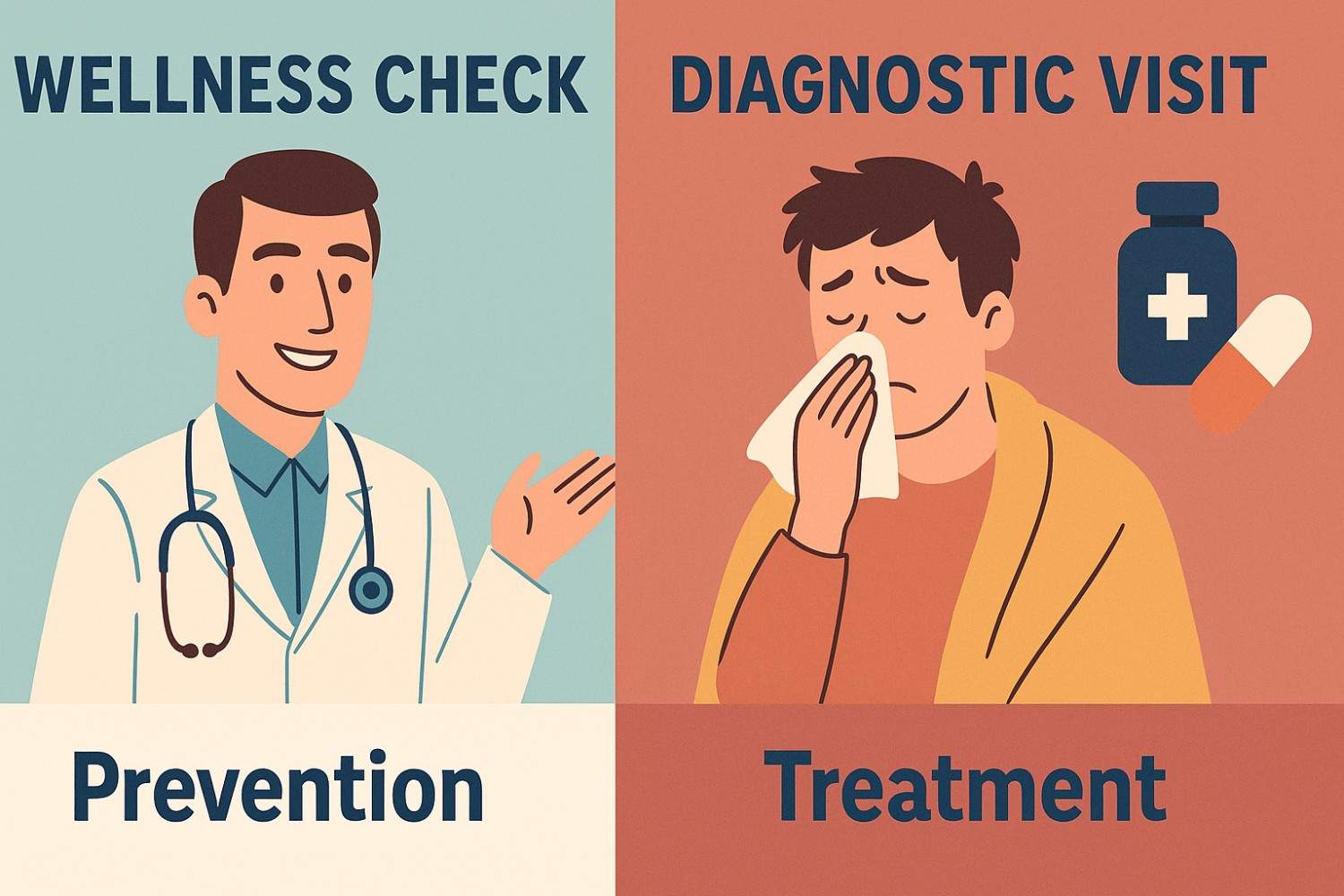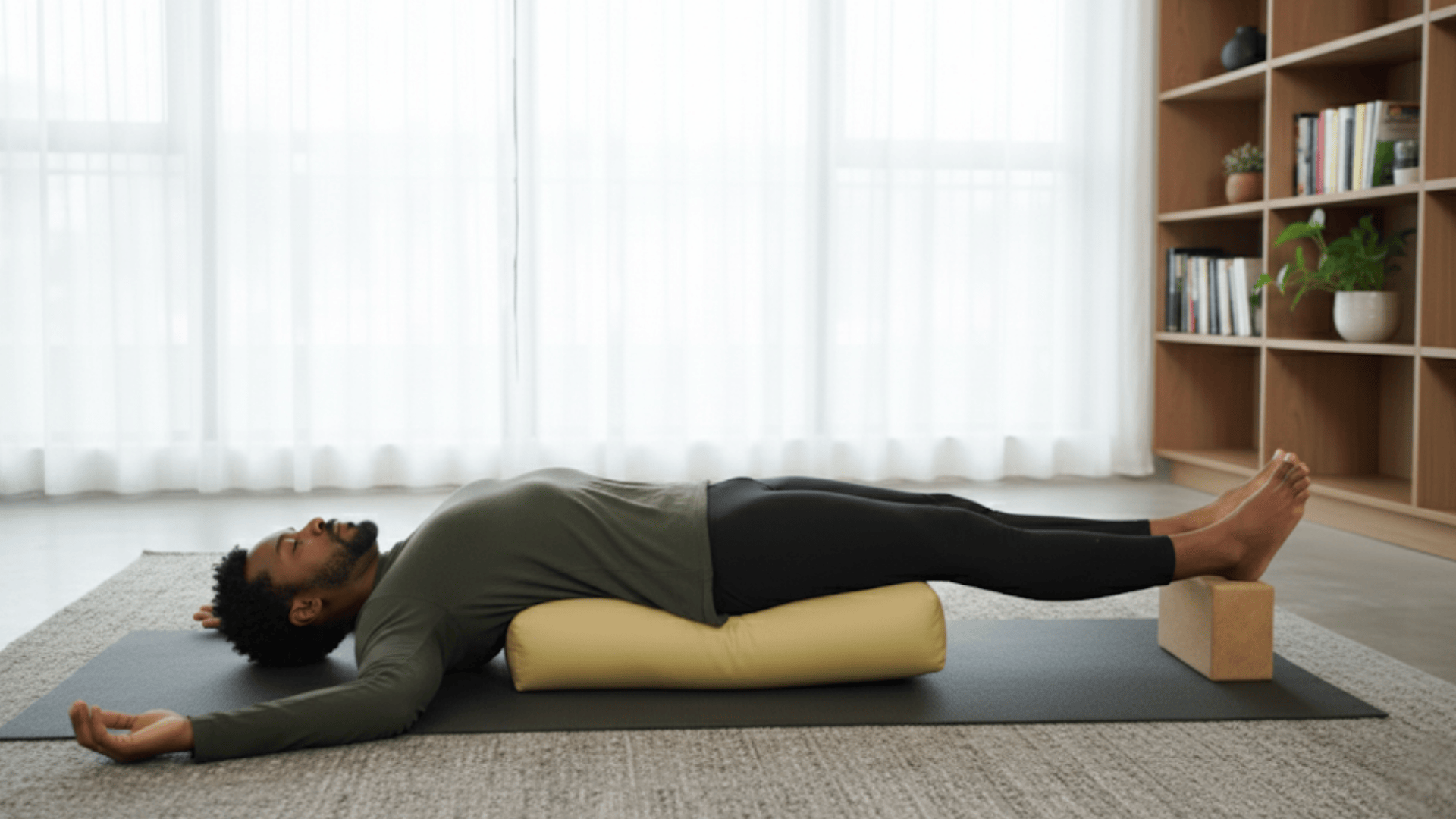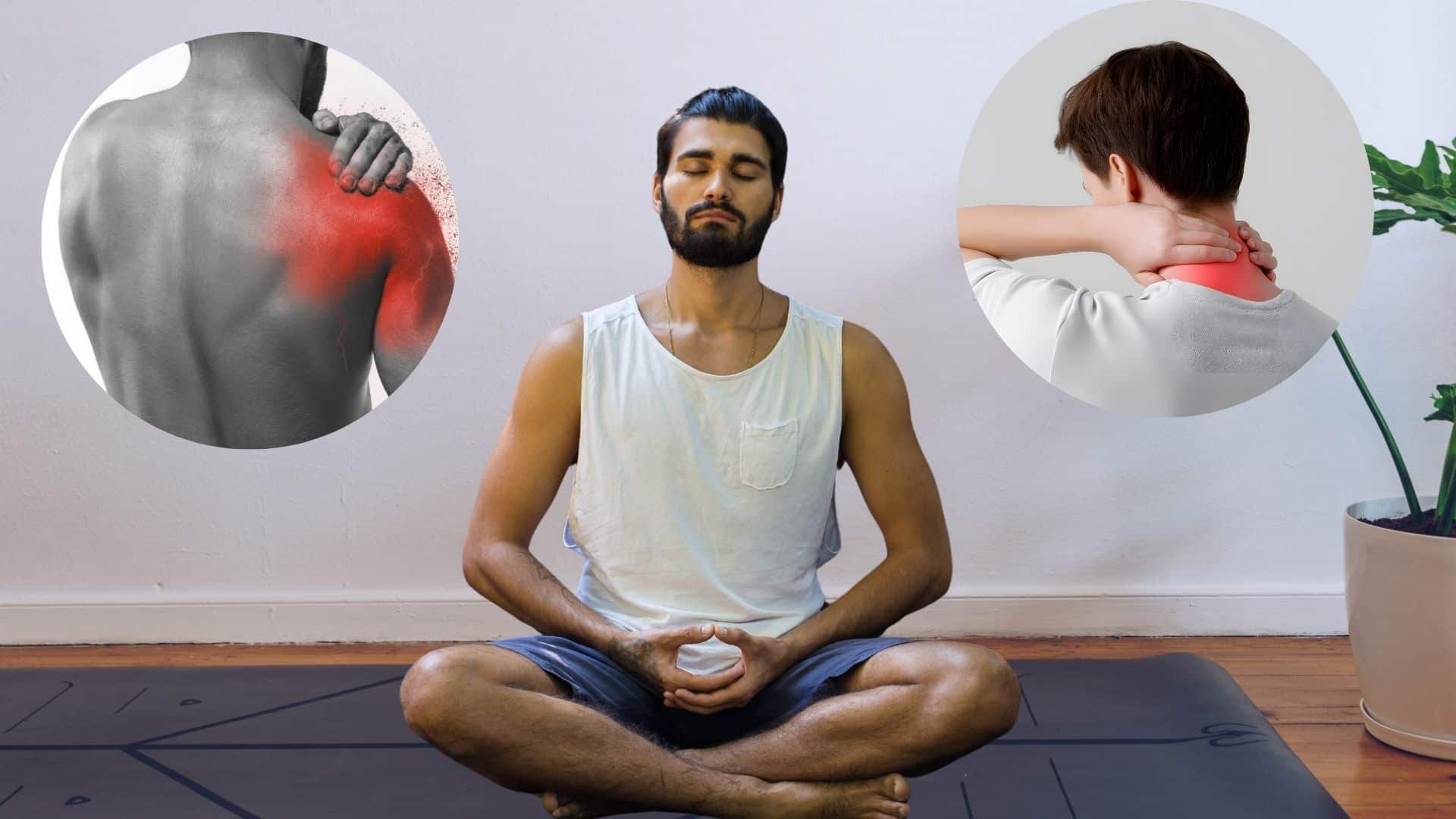A wellness check, sometimes called a preventive health visit or annual wellness exam, is like a regular tune-up for your body.
It’s not about fixing something that’s broken; it’s about keeping you healthy and catching potential problems before they get serious.
Think of it as a friendly check-in with your doctor to make sure everything’s running smoothly.
Whether you’re a kid, an adult, or a senior, these visits are all about staying one step ahead of health issues.
In this guide, we’ll walk you through what happens, why it matters, and how to get ready, all in a down-to-earth way.
Why Are Wellness Checks Important?
Wellness checks are your first line of defense for staying healthy. They’re all about prevention, spotting little red flags before they turn into big health problems.
By catching things early, like high blood pressure or early signs of diabetes, you can avoid costly treatments and feel better longer.
These visits also provide an opportunity to discuss your lifestyle and receive practical tips for living better, whether it’s eating healthier or managing stress.
Additionally, they’re tailored to you; kids, adults, and seniors all receive different focuses based on their specific needs.
-
Early Detection: Finds issues like high cholesterol or blood sugar before symptoms show up.
-
Cost Savings: Preventing problems is way cheaper than treating them later.
-
Personalized Advice: Get tips on diet, exercise, or mental health that fit your life.
-
Long-Term Health: Regular checks help you live healthier and longer.
-
Peace of Mind: Knowing you’re on track feels pretty darn good.
What to Expect During a Wellness Check

Wondering what goes down during a wellness check? It’s not as intense as you might think.
Your doctor will spend time getting to know your health and checking the basics to make sure you’re in good shape. Here’s what usually happens, step by step.
1. Medical History Review
Your doctor will sit down with you to review your health history.
They’ll ask about any past illnesses, surgeries, or medications you’re taking, including over-the-counter stuff or supplements.
They’ll also want to know about your family’s health, things like heart disease or cancer in your parents or siblings.
This helps them spot risks you might have inherited. It’s like giving your doctor a roadmap to keep you on the right track.
2. Vital Signs and Physical Exam
This part is straightforward. The nurse or doctor will check your vital signs to get a snapshot of your health. Here’s what they typically look at:
|
Vital Sign |
What It Measures |
Why It Matters |
|---|---|---|
|
Blood Pressure |
Force of blood against artery walls |
High BP can signal heart disease risk. |
|
Heart Rate |
Beats per minute |
Checks heart health and fitness level. |
|
Respiratory Rate |
Breaths per minute |
Ensures lungs are working properly. |
|
Temperature |
Body temperature |
Detects fever or other issues. |
|
BMI (Body Mass Index) |
Weight relative to height |
Indicates if the weight is in a healthy range. |
They might also conduct a quick physical exam, which includes checking your reflexes, listening to your heart and lungs, and examining your ears and eyes. It’s all about ensuring your body’s systems are functioning properly.
3. Lifestyle and Mental Health Assessment
This is where you and your doctor have a real talk. They’ll ask about your daily habits to get a sense of how you’re doing overall. Expect questions like:
-
What’s your diet like? Are you eating your veggies or living on takeout?
-
Do you exercise? Even a daily walk counts!
-
Do you smoke or drink alcohol? How much?
-
How’s your stress level? Feeling overwhelmed or okay?
-
How’s your mental health? Any trouble sleeping or feeling down?
There’s no judgment here. Your doctor just wants to know what’s going on so they can suggest small, doable changes to help you feel your best.
For example, they might recommend swapping chips for fruit or trying a 10-minute meditation app for stress.
4. Preventive Screenings and Tests
Depending on your age, gender, and health risks, your doctor might suggest screenings to catch problems early. These aren’t always done during the visit, sometimes you’ll get a referral for later. Here’s a quick look at common screenings:
|
Screening |
Who It’s For |
Purpose |
|---|---|---|
|
Cholesterol Test |
Adults, especially over 40 |
Checks heart disease risk. |
|
Blood Glucose Test |
Adults, especially with risk factors |
Detects diabetes or prediabetes. |
|
Mammogram |
Women, typically 40+ |
Screens for breast cancer. |
|
Prostate Exam |
Men, typically 50+ |
Checks for prostate issues. |
|
Colonoscopy |
Adults, typically 45+ |
Detects colon cancer or polyps. |
These tests are like a crystal ball; they help spot trouble before you feel sick. Your doctor will tailor the list based on your needs.
5. Vaccination Updates
Shots aren’t just for kids. Your doctor will check if you’re up to date on vaccines, like:
-
Flu shot (yearly for most people).
-
Tetanus booster (every 10 years).
-
Shingles vaccine (for folks 50+).
-
HPV or pneumonia vaccines (depending on age and risks).
Staying current keeps you protected from preventable diseases. It’s a quick win for your health.
6. Creating a Personalized Health Plan
At the end of the visit, your doctor will pull everything together to make a plan just for you.
This might include goals like losing a few pounds, getting more sleep, or scheduling a screening test next year.
If you’re older, they might talk about advance care planning, like what kind of care you’d want if you got really sick. It’s all about setting you up to stay healthy for the long haul.
How to Get Ready for Your Wellness Check
Getting ready for your wellness check is super easy, and it makes the visit way more useful. Here’s how to prep:
-
List Your Meds: Write down all medications, vitamins, or supplements you take, including doses.
-
Note Questions: Got concerns about your diet, sleep, or a weird ache? Jot them down so you don’t forget.
-
Update Your History: Be ready to share any new health issues, surgeries, or visits to specialists.
-
Bring Insurance Info: Double-check your coverage for preventive visits.
-
Mention Symptoms: If you have specific symptoms (like a cough that won’t quit), mention them, but know they might need a separate visit.
Showing up prepared means you’ll get more out of your time with the doctor. It’s like doing your homework before a big meeting, it pays off.
Wellness Check vs. Other Doctor Visits

A wellness check is different from a trip to the doctor when you’re sick. Here’s the deal:
-
Wellness Check: Focuses on prevention. It’s about keeping you healthy, not fixing something specific. Think check-ups, screenings, and lifestyle chats.
-
Diagnostic Visit: For when you’ve got a problem, like a fever, injury, or stomach pain. These visits dig into what’s wrong and how to treat it.
If you try to tackle a big health issue during a wellness check, your doctor might say, “Let’s book another visit to focus on that.” It keeps things organized and ensures they have enough time to help.
Who Needs a Wellness Check and When?
Wellness checks are for everyone: kids, adults, seniors, you name it. The focus changes depending on your age and health, but the goal is the same: keep you healthy. Here’s a quick breakdown:
-
Kids: Checks growth, development, and vaccines. Usually yearly or as needed.
-
Adults: Focuses on heart health, cancer risks, and lifestyle. Typically, once a year.
-
Seniors: Covers mobility, memory, and chronic conditions. Medicare offers a special Annual Wellness Visit for those 65+.
How often? Most folks go yearly, but your doctor might tweak that based on your health.
For example, if you’re managing diabetes, they might want to see you more often. If you’re young and healthy, every couple of years might be enough.
Final Thoughts
In the end, a wellness check at the doctor is your straightforward way to stay healthy, checking vitals, chatting about lifestyle, and catching issues early through screenings and updates.
It’s preventive care that keeps small problems from becoming big ones.
So what? Regular visits like this empower you to live longer and feel better, turning health management into an everyday win rather than a crisis.
What’s next? Grab your phone and schedule that wellness check today.
Share your experiences in the comments below. What’s one change you’ll make after your visit? Your insights could help others too.
Looking for more wellness tips & strategies? Browse Recovery & Wellness for more tips.








